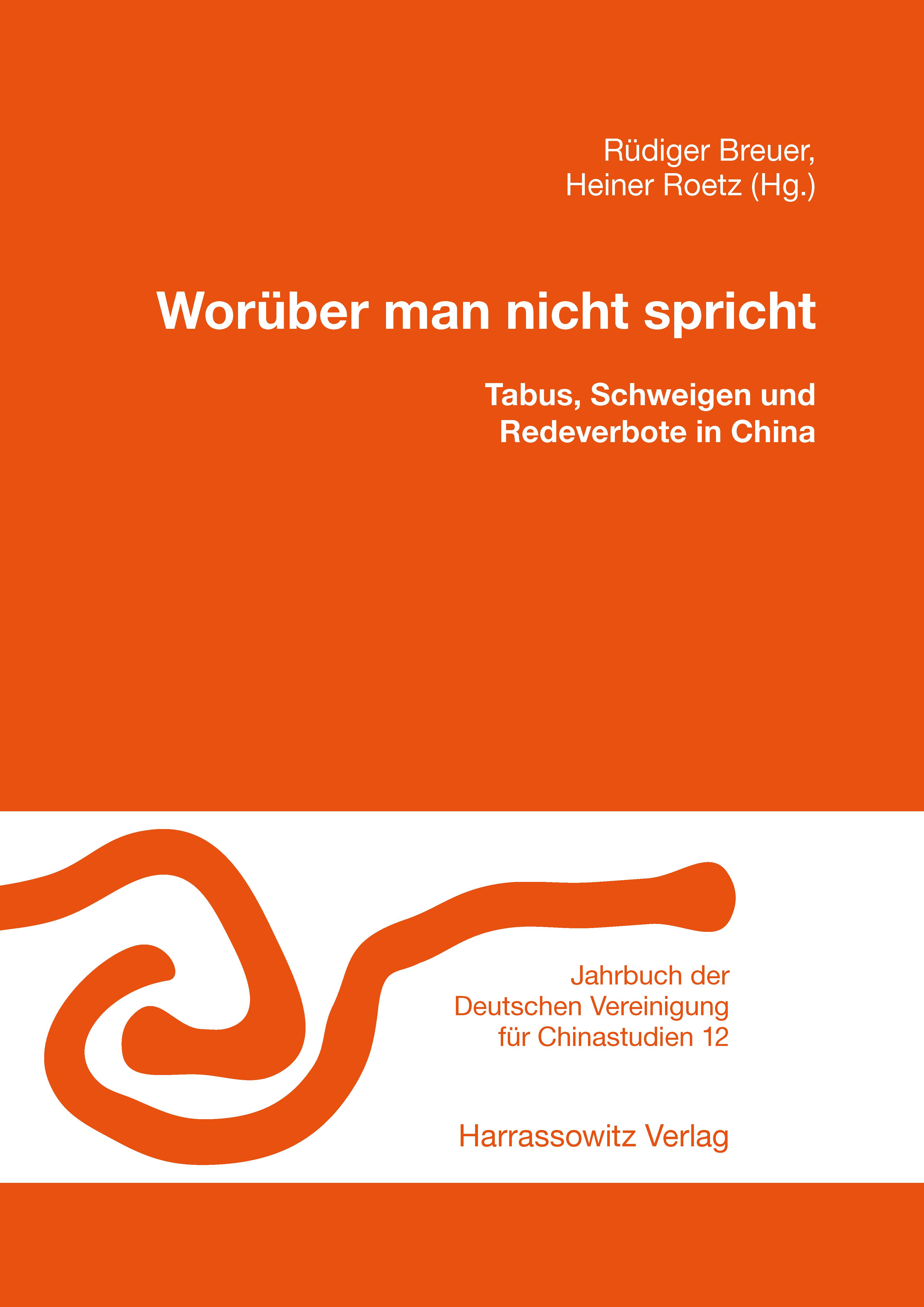Perkuhn, Josie-Marie
Worüber man nicht spricht: Tabus, Schweigen und Redeverbote in China
Self-imposed or socially or state-imposed speech taboos have always accompanied Chinese cultural history, as have attempts to break or circumvent them. Not only philosophy, historiography and literature have stood in this field of tension, but also moral and political action, which is still confronted with speech taboos today.
Worüber man nicht spricht gathers eleven contributions that span an arc from Chinese antiquity to the present day and illuminate the topic from various perspectives. They are examined: Cases of incest in ancient China; the problem of domestic violence in contemporary China; the originally strictly confidential "family teachings of Zhu Xi"; guidebook literature on China with its recommendations and prohibitions; the criticism of the republican writer and intellectual Lu Xun of mechanisms of power; the orientation of research on the 'Book of Changes' (Yijing); political factionalism in the one-party state of China; the linguist Wei Jian¬gong and his justifications of language policy measures; the political commitment of the filmmaker Shi Hui in the 1940s and the activities of the performance artist He Yunchang in the political and social context of the People's Republic of China. In this way, a multifaceted picture of taboos and prohibitions of speech in China's past and present is created.








